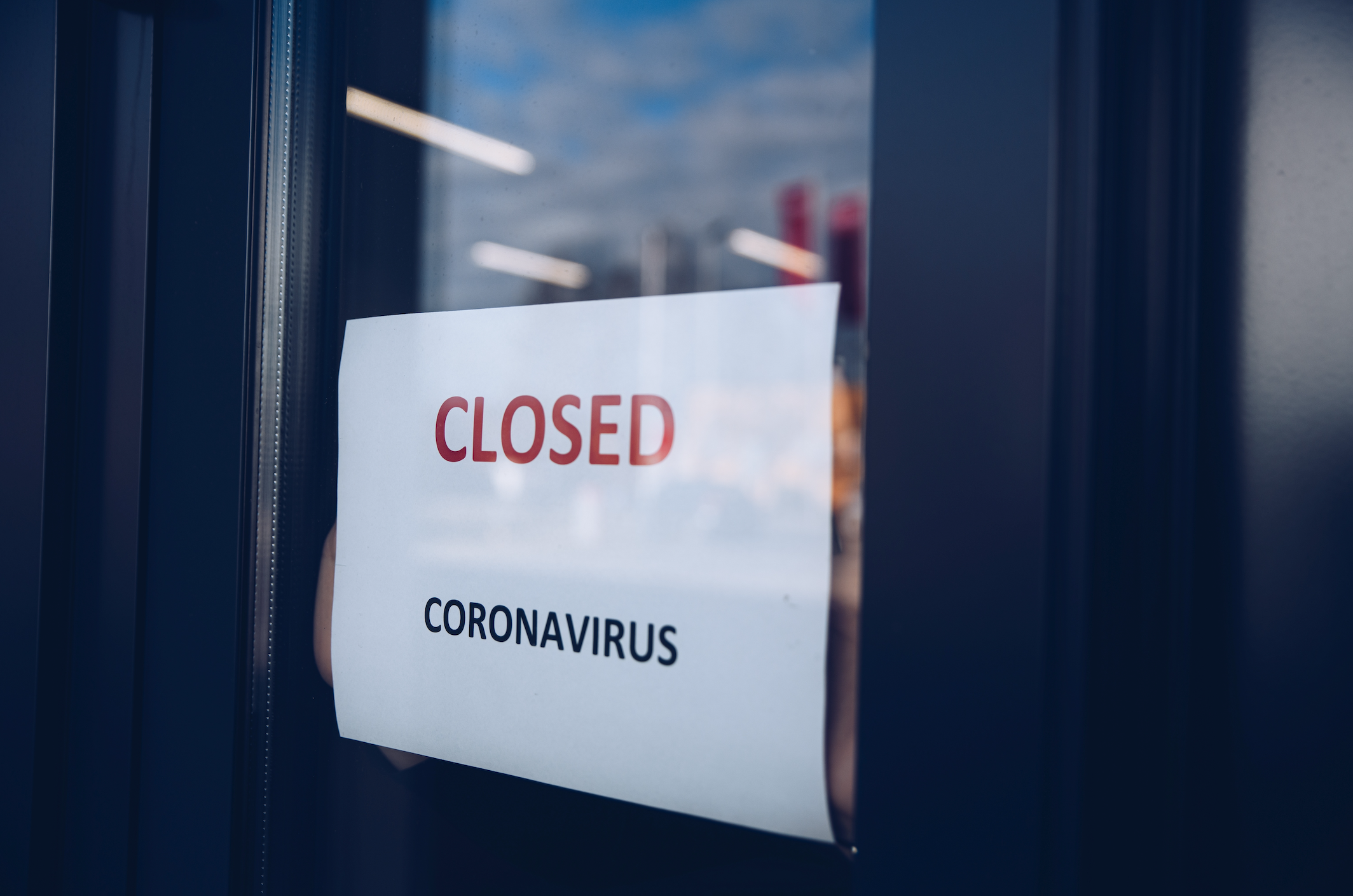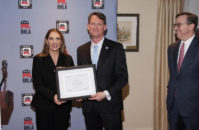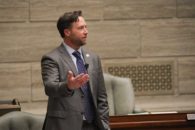The Missouri Legislature has added COVID-19 liability protections to its agenda during the extraordinary session — a priority for business groups and Republican lawmakers that nearly didn’t get addressed this year.
With lawmakers back in the Capitol to tackle a supplemental budget to distribute federal coronavirus relief funds, Republicans pushed the governor to add COVID liability to the extraordinary session. And after meeting with House and Senate leadership, Gov. Mike Parson officially made the call on Nov. 12.
The governor’s proclamation expanding the scope of the session included three liability facets: protection for health care workers working under the ongoing state of emergency; products protection for those who design, manufacture, label, sell, distribute, or donate items related to the state of emergency; and premises protection for exposure claims related to the state of emergency.
“Since the start of COVID-19, our health care providers have gone above and beyond to respond to COVID-19 and provide exceptional care in an unprecedented and rapidly changing environment,” Parson said. “Many other organizations across the state have also been instrumental in our response efforts, including manufacturers, businesses, churches, and schools just to name a few.”
Republican lawmakers and business groups, such as the Missouri Chamber of Commerce and Industry, have pushed the governor to have the legislature tackle COVID liability for much of the year. The Chamber specifically advocated for a law limiting civil liability for businesses, hospitals, and schools for COVID-related claims.
“Basically, if someone were to file a suit saying they contracted COVID either at work or as a customer in a retail operation or something similar to that, it would protect these businesses from being held liable for something outside of their control,” Matthew Panik, vice president of governmental affairs, told The Missouri Times. “In a normal time, it would be difficult to prove something like that, but we think it’s important to have these protections for businesses so they aren’t held accountable for something beyond their control.”
However, Panik stressed the law should not protect businesses that practice negligence or poor health conduct. When asked Thursday, Parson said specifics of the legislation, including whether businesses that do not follow local health ordinances or CDC guidelines should be covered, would be determined by the legislature.
“We do want to make sure businesses are doing what they can to protect customers and employees,” Panik said.
Brett Emison, the immediate past president of the Missouri Association of Trial Attorneys (MATA) said lawmakers will ultimately end up “protecting businesses and employers who wrongfully and negligently spread the disease to employees and customers.”
“Our lawmakers should be enacting policies to protect the public against spreading the virus, not protecting irresponsible businesses from accountability when they fail to follow recommended guidelines,” Emison said. “Missourians must not surrender fundamental constitutional rights — including their Seventh Amendment rights — during a pandemic. If anything, such rights are even more critical today.”
Missouri remains under a state of emergency as positive COVID cases continue to rise. As of Thursday, when Parson made the call, the positivity rate was nearly 41 percent over the past seven days as determined by the state. More than 2,200 people were hospitalized, including 518 in the ICU.
“For our economy to fully reopen and for jobs to return, the public must be safe to engage with businesses. If businesses and employers are no longer responsible when they fail to follow recommended health and safety guidelines, how can employers and customers feel safe?” Emison said. “If no one is accountable, no one is safe.”
Earlier this year, the Chamber circulated a letter in support of a “special session to protect businesses from opportunistic claims.” It has received nearly 800 signatures thus far.
More than 1,000 COVID-related lawsuits have been filed against employers across the country since March, according to the Chamber. Other states have already enacted liability laws — either through executive order or legislation — including neighboring Iowa and Kansas.
Missouri lawmakers are already back to work in the Capitol for an extraordinary session on a supplemental budget to distribute federal CARES Act funding. The $1.2 billion package has been sent to the Senate which is supposed to take it up along with COVID liability.
